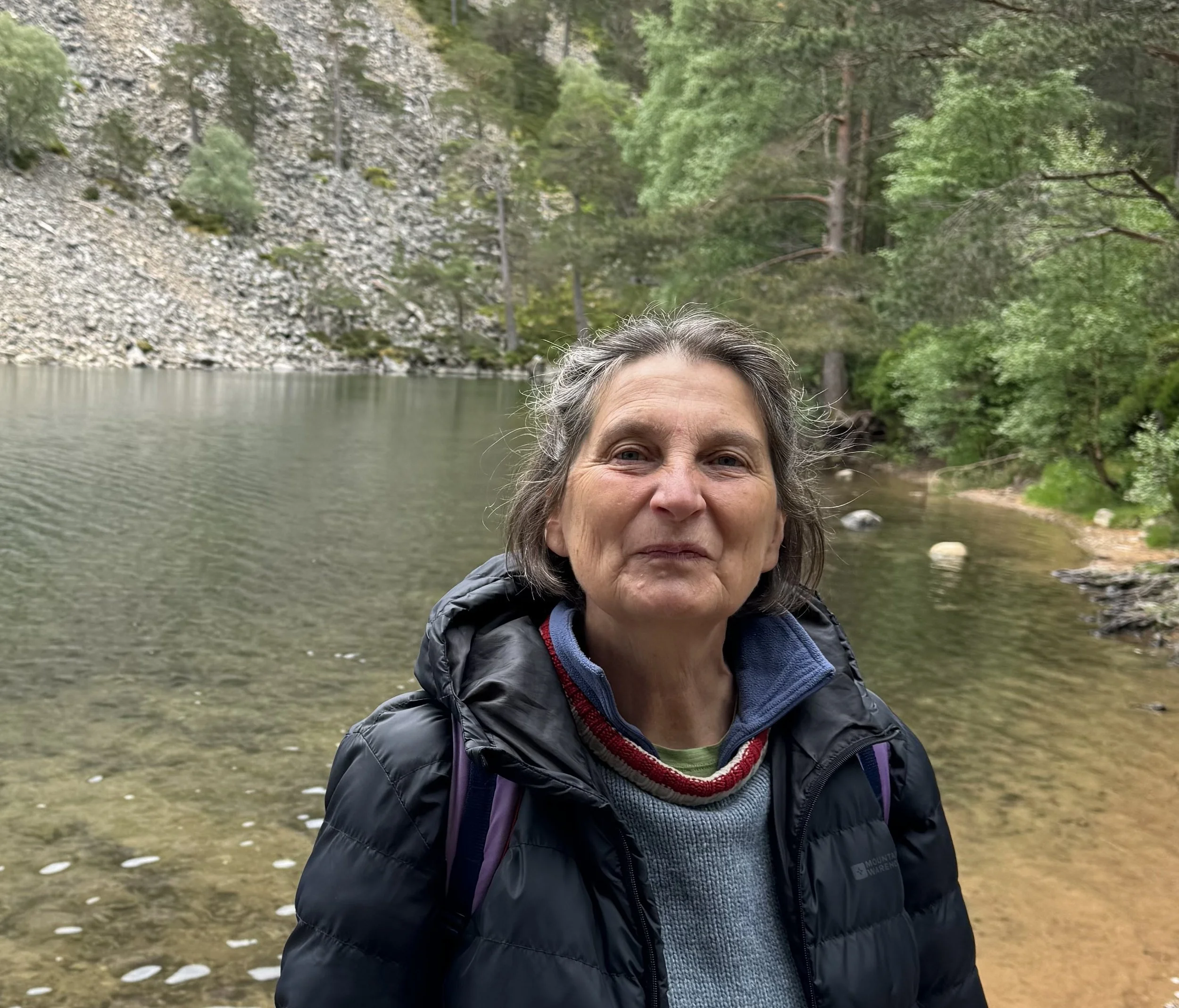
About us
Welcome to the Palliative Care Research Incubator. Whether you are already involved in research in palliative care or are aspiring to make a difference to patient care through increasing your involvement in research, we hope you will find the Incubator provides you with inspiration and new networks.
What we do
-

Inspire clinical and non-clinical researchers to conduct palliative and end of life care research.
Membership is open to researchers in any care setting (acute, primary, community, residential (including hospices) from all health disciplines (medicine, nursing, allied health, psychology, pharmacy, paramedic), social care, and applied health researchers.
-

Support research development across a variety of health and social care domains.
We support research development in a road range of care domains, including physical symptom management, psychological wellbeing, ethics, spiritual and cultural care, service organisation and delivery, and implementation.
-

Build communities that foster excellence and promote opportunities for collaboration.
The Palliative Care Research Incubator aims to encourage early career interest in target disciplines to build identifiable communities through networking. This will include the provision of bespoke training and development support.
How will the Palliative Care Research Incubator support you?
Provide new, and enhance existing opportunities to network, collaborate and learn.
Signpost to career support, knowledge exchange and mentorship activities.
Promote excellence in Patient and Public Involvement and Equality Diversity and Inclusivity in research.
Meet our founders
The Palliative Care Research Incubator started in July 2025. It is co-lead by Professors Christina Faull and Candy McCabe.
-
Professor Candy McCabe is Head of Education and Research, Dorothy House Hospice, Winsley, and Professor of Clinical Research and Practice, University of the West of England, Bristol.
She is a registered nurse and previous Florence Nightingale Foundation Clinical Professor in Nursing. She has worked as a clinical academic for nearly thirty years in the specialities of Rheumatology and chronic pain, and joined Dorothy House Hospice Care in 2019.
Her research and clinical interests directly relate to increasing our understanding of the lived experiences of those with life limiting conditions, and the mechanisms and potential therapies for chronic unexplained pain.
She established with colleagues the national centres for multi-disciplinary rehabilitation for people with Complex Regional Pain Syndrome (CRPS), and for complex cancer late effects. She was the nursing representative on NICE Guidelines for chronic primary pain, past-Chair of the IASP Special Interest Group for CRPS, and past President of the British Health Professionals in Rheumatology.
She is a strong advocate for clinical academic careers.
-
Professor Christina Faull has recently retired having been a consultant in palliative medicine for over 30 years. She has held leadership positions in research at LOROS Hospice, Leicester and in the NIHR nationally and in the East Midlands.
With support of, amongst others, her PhD and ACF fellows she has worked to improve the end of life care of ventilator supported patients with MND and respiratory disease leading the national Association for Palliative Medicine Guidance on effective symptom management in the withdrawal of ventilation.
Her other applied research interests include 25 years of work to improve outcomes and experiences for people from diverse ethnic and faith backgrounds; in communication in key conversations in advanced illness, including working with interpreters; and latterly in novel intervention for anxiety linked to the breathlessness of advanced respiratory disease.
FAQs
-
The NIHR Supported Incubators address areas where there is a need to build research capacity on a national level. NIHR provides some funding to enable key stakeholders to identify the barriers that exist and to suggest and implement, where possible, solutions to building research capacity in a sustainable and meaningful way.
Incubators are virtual, managed across multiple sites and organised by discipline. They provide targeted high level career development support, led by experts in the field and supported by the NIHR. Incubators are bespoke to meet the needs of each area and are developing at different paces.
-
Our Steering Group meets three times a year and membership of this group is drawn from across our community (link to Steering Group members profiles and photos?). The role of this group is to steer the PRI strategy, investment and activities to ensure
The most useful focus of resources
Maximise achievement of intended outcomes
Help overcome hurdles to success
Continuance beyond the three year funding
-
If you are interested in being a member and joining our Incubator community then please complete membership form.


